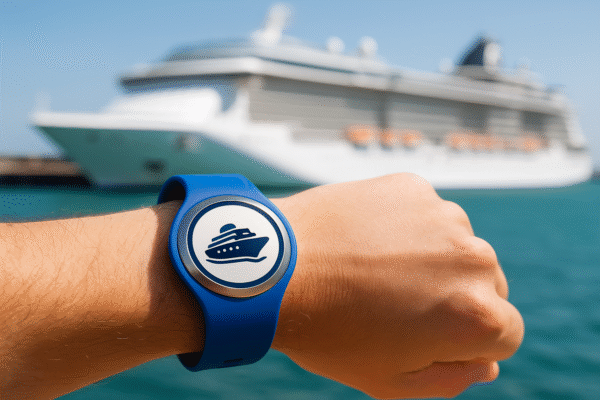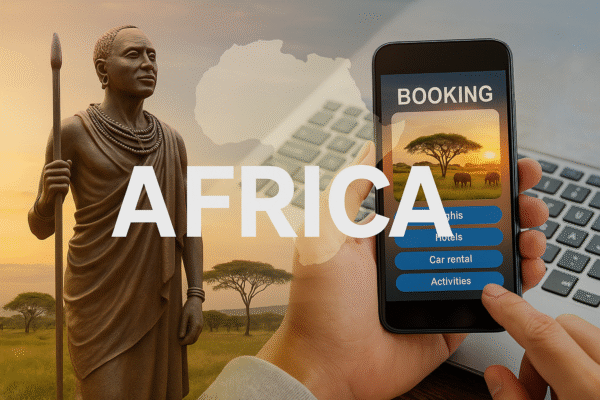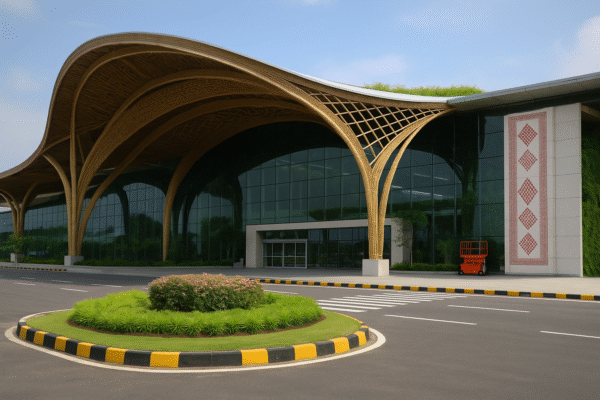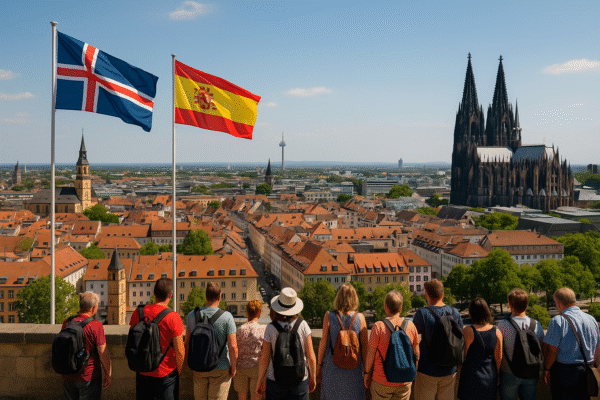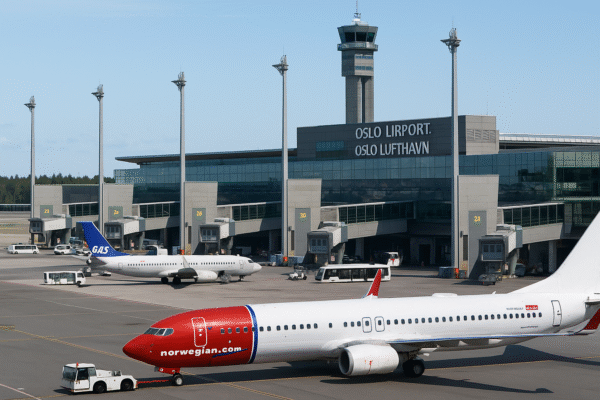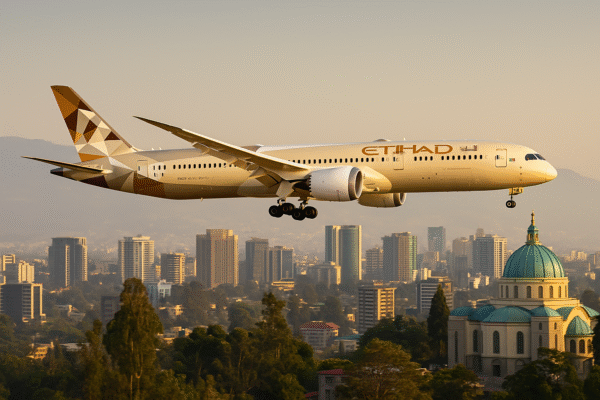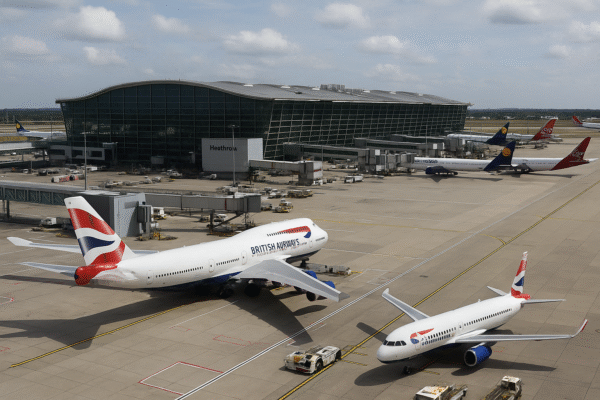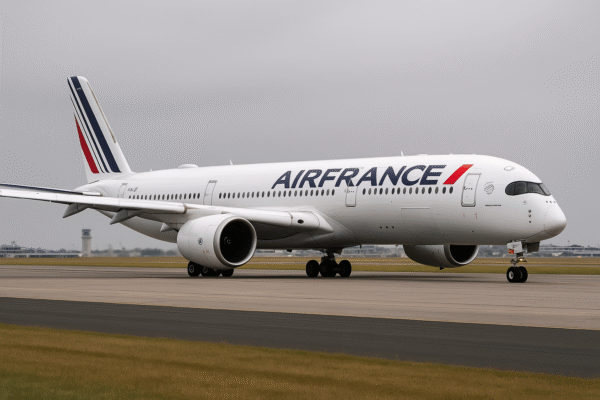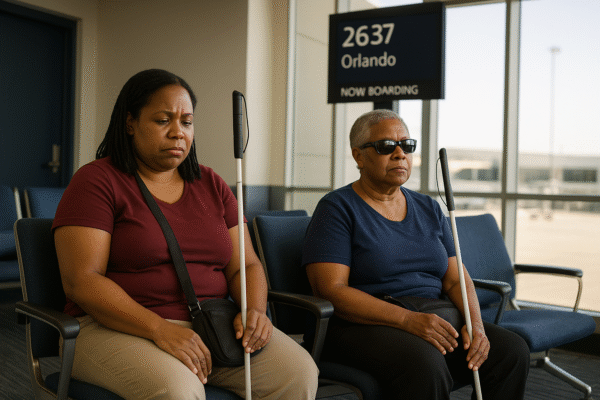New Orleans, a city known for its warmth, hospitality, and cultural richness, recently became the setting for an incident that has raised urgent questions about accessibility and dignity in air travel. Two blind passengers, traveling together from New Orleans to Orlando, were left behind at their gate for hours during a major flight delay, sparking nationwide criticism and renewed calls for reform in airline protocols for passengers with disabilities.
The incident occurred on July 14, 2025, at Louis Armstrong New Orleans International Airport. The travelers, both blind, were booked on a Southwest Airlines flight that was delayed by nearly five hours. During the delay, most passengers were swiftly rebooked onto an earlier flight departing from a nearby gate. However, these two passengers, unable to rely on visual cues and unaware of the change, remained seated at their original gate. Without verbal announcements or staff assistance to relay the update, they missed the opportunity to join the rebooked flight.
By the time the two women boarded the delayed flight later that day, they discovered they were the only passengers onboard. The empty cabin served as a stark reminder of the communication gap and the heavy toll such oversights take on visually impaired travelers. For passengers who rely on clear, accessible information, the absence of real-time assistance can mean the difference between a smooth journey and an isolating, frustrating ordeal.
Southwest Airlines later issued a public apology and offered each passenger a $100 travel voucher as compensation. The airline explained that because the tickets had technically been used, full refunds were not offered. Company representatives stressed their ongoing commitment to improving services for travelers with disabilities, pledging to share best practices and enhance training. However, many advocacy groups argue that the measures currently in place are insufficient and fail to address the deeper systemic problems at play.
Disability rights organizations swiftly condemned the incident, emphasizing that airline procedures must guarantee timely, accessible communication for passengers with visual impairments. Advocates are urging the industry to adopt mandatory audio announcements for all gate changes and delays, along with dedicated personnel trained to assist travelers with disabilities during disruptions, rebookings, and boarding. Such reforms, they argue, are not optional but essential for ensuring equitable treatment in air travel.
The event also reignites debate over enforcement of the Air Carrier Access Act, a federal law designed to protect passengers with disabilities from discrimination. While the law mandates reasonable accommodations, inconsistent application and lack of robust oversight often leave travelers without the support they are entitled to. This incident highlights the pressing need for both airlines and regulators to close the gaps that allow such oversights to persist.
The emotional and practical impact of such a failure cannot be overstated. For many disabled travelers, the airport environment can already be stressful—filled with constant changes, crowded spaces, and rapid announcements. Without reliable, accessible communication, these challenges multiply, creating situations that can lead to isolation, missed connections, and, as in this case, hours of unnecessary waiting.
Critics have also pointed out that this is not the first time Southwest Airlines has faced backlash for customer service and accessibility issues. The company endured significant criticism after widespread cancellations during the 2023 holiday season and has faced legal claims in the past over alleged discrimination against passengers with disabilities. This latest event adds to the mounting pressure on the airline to overhaul its approach to inclusivity and passenger care.
Beyond the airline’s reputation, the New Orleans incident has broader implications for tourism and hospitality. A city like New Orleans, which depends heavily on tourism, thrives when visitors feel welcomed, respected, and accommodated—regardless of their abilities. Incidents like this can damage the perception of accessibility not only for the airline but also for the city and its travel infrastructure as a whole. The responsibility for creating a seamless, inclusive travel experience is shared among airlines, airports, and the wider tourism sector.
Travel and tourism experts emphasize that addressing accessibility is not simply a matter of compliance; it is a matter of enhancing the overall travel experience for all. From an industry perspective, ensuring clear and accessible communication benefits everyone—not just those with disabilities—by reducing confusion, improving efficiency, and fostering goodwill.
Moving forward, the hope is that this event serves as a turning point. Industry stakeholders, from airline executives to tourism boards, have an opportunity to lead the way in setting higher standards for accessibility. This includes investing in technology that ensures instant communication in multiple formats, training staff to recognize and meet the needs of passengers with disabilities, and creating accountability systems to monitor compliance.
For travelers with disabilities, especially those who are blind or visually impaired, each journey is a test of both personal resilience and the systems meant to support them. Incidents like the one in New Orleans underscore that the margin for error is slim, and the consequences of neglect are significant. Addressing these shortcomings is not only the right thing to do—it is essential for building a travel industry that truly serves everyone.
As discussions continue and pressure mounts for change, one thing is clear: accessible travel is more than a legal requirement. It is a promise of equal opportunity, dignity, and respect for all who take to the skies. For Southwest Airlines and the broader aviation community, keeping that promise will be the real measure of progress.
For more travel news like this, keep reading Global Travel Wire

